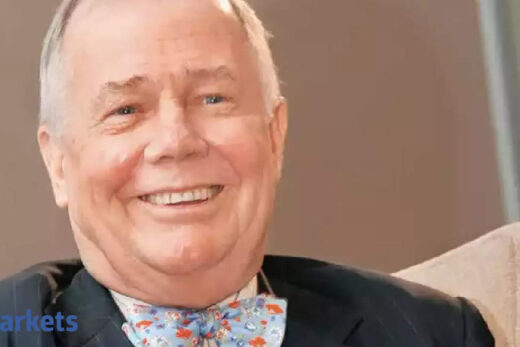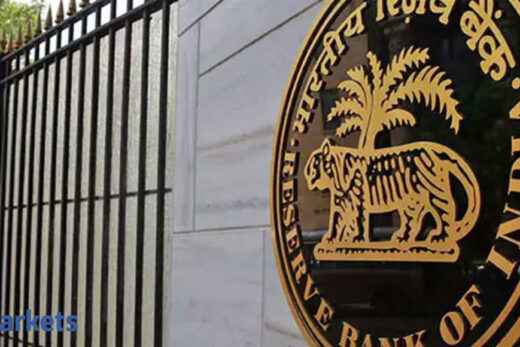“As at 15.42 [UK time], I adjudicate Dr Mallya bankrupt,” Chief Insolvencies and Companies Court (ICC) Judge Michael Briggs said in his ruling during a virtual hearing of the Chancery Division of the High Court here.
The Indian banks, represented by the law firm TLT LLP and barrister Marcia Shekerdemian, had argued for the bankruptcy order to be granted in favour of the Indian banks.
The 65-year-old businessman, meanwhile, remains on bail in the UK while a “confidential” legal matter, believed to be related to an asylum application, is resolved in connection with the unrelated extradition proceedings.
His barrister, Philip Marshall, sought a stay as well as an adjournment of the order while legal challenges remain ongoing in the Indian courts. However, the requests were turned down by the judge who concluded that there was “insufficient evidence” that the debt will be paid back to the petitioners in full within a reasonable period of time. He also put forward an application seeking permission to appeal against the bankruptcy order, which Judge Briggs refused as there was no “real prospect of success” of an appeal.
The petitioners were made up of SBI-led consortium of 13 Indian banks, including Bank of Baroda, Corporation bank, Federal Bank Ltd, IDBI Bank, Indian Overseas Bank, Jammu & Kashmir Bank, Punjab & Sind Bank,
, State Bank of Mysore, UCO Bank, United Bank of India and JM Financial Asset Reconstruction Co. Pvt Ltd as well as an additional creditor, had been pursuing a bankruptcy order in the UK in relation to a judgment debt which stands at over GBP 1 billion.
Mallya’s legal team contended that the debt remains disputed and that the ongoing proceedings in India inhibited a bankruptcy order being made in the UK.
The debt in question comprises principal and interest, plus compound interest at a rate of 11.5 per cent per annum from 25 June 2013. Mallya has made applications in India to contest the compound interest charge.



